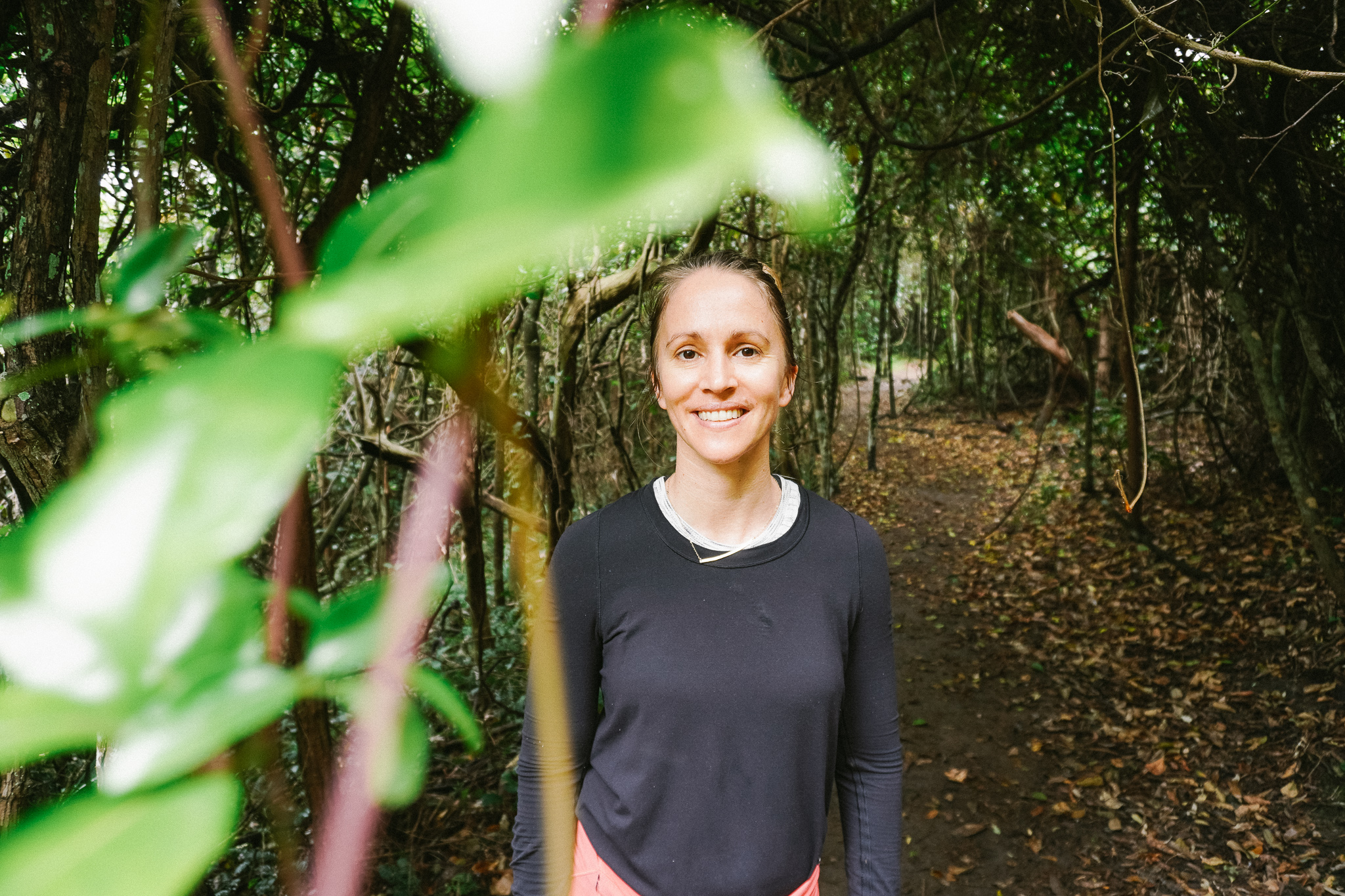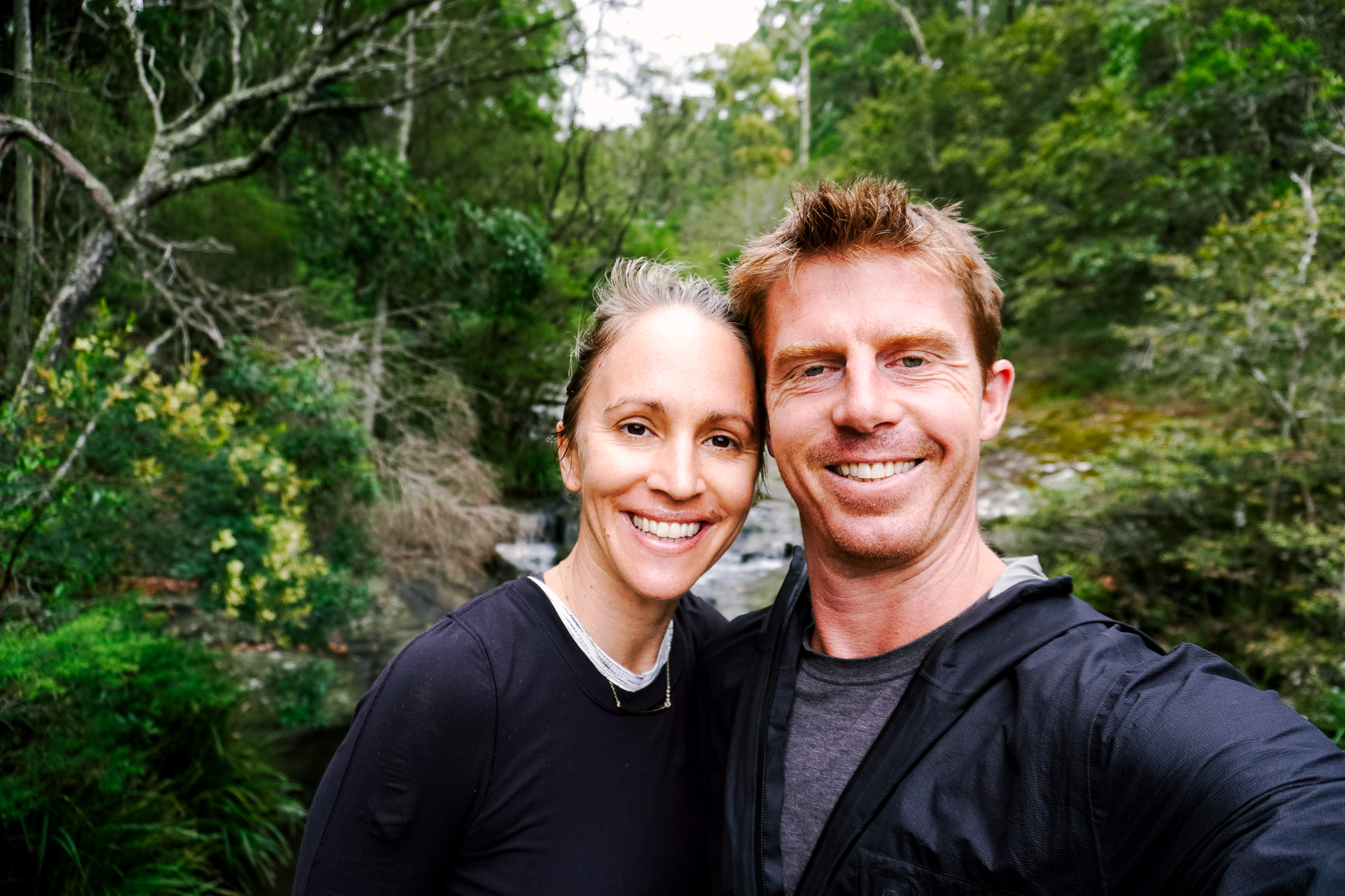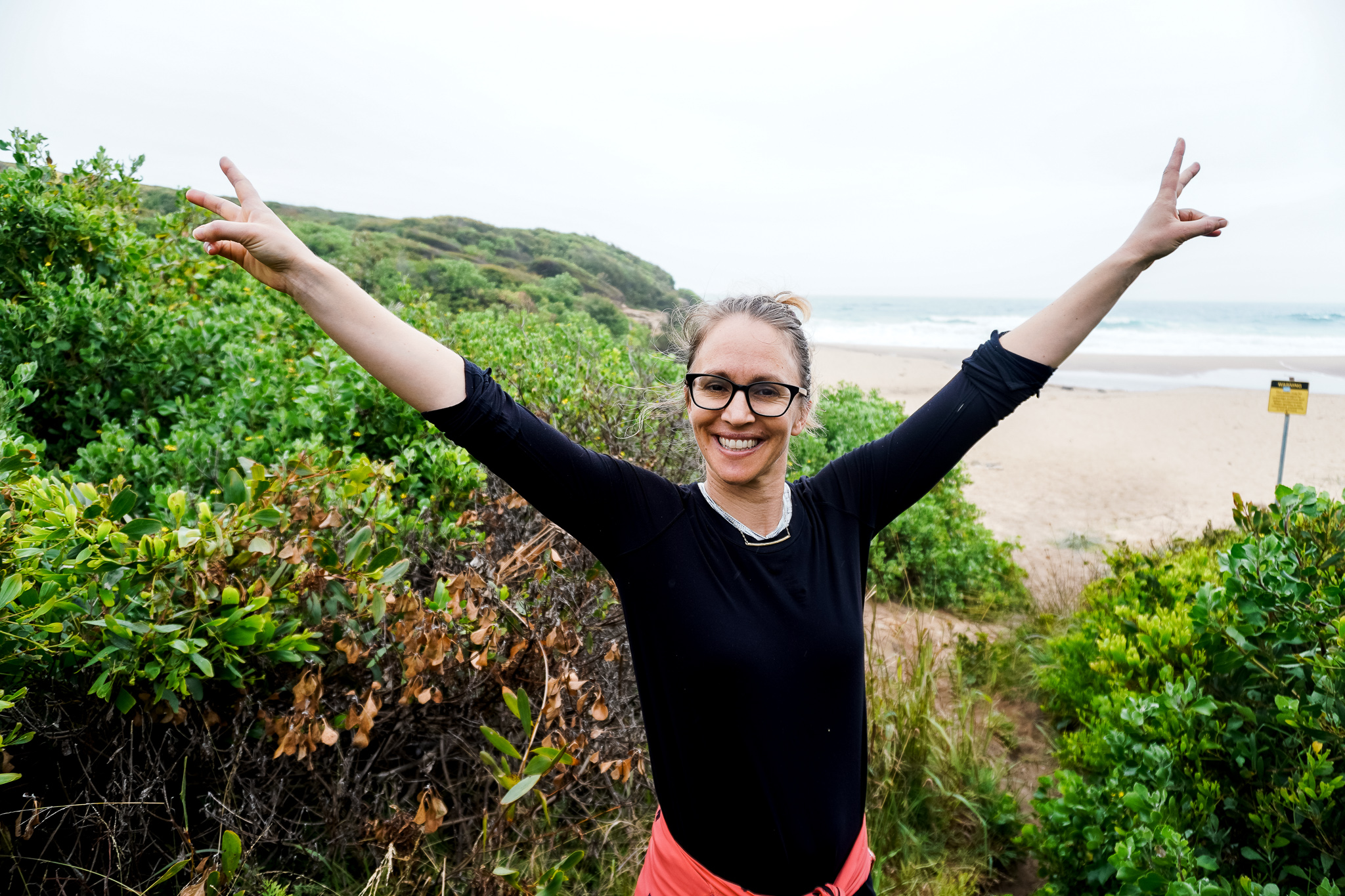2020, it was nothing short of crazy and yet, I can say with confidence that social media contributed greatly to opening new doors and possibilities.
Many of these new doors evolved into some really beautiful experiences both online and offline.
Social media also gifted me new friendships, industry acquaintances and a widening of my “audience” beyond the front yard of Newcastle, Australia.
From the outside, the positives outweigh the negatives? Do you need to read on?
Sorry. Trick question. You should.
Yet, in the back of my mind, I kept thinking about Marie Forleo said in B-School (and now repeated by many others), that social media is “rented land” – as in, you don’t “own” your followers, fans, or audience.
I did B-School back in 2013. Shit, that took a while to sink in.
Fast forward to January 2021, I asked this question of my audience on Instagram:
What if social media went away, what options do I have?
What ensued was an overwhelming response, and relative to anything else I’ve posted in the last year, it went somewhat viral.
Naive me thought the question would fly under the radar amidst the noise (how mistaken!).
It seems I’m surrounded by many curious souls. Keep that curiosity flowing won’t you?
At the end of said post, I promised to dive deeper into some thoughts on how we could navigate the world of marketing our small businesses, without a heavy dependence on social media (primarily Instagram, TikTok, LinkedIn, Facebook and YouTube).
More specifically…
Where or how would they find out about you if social media wasn’t your only option?
What other options are out there? (online and offline)
How do you grow an audience or following? Or “1000 true fans” if social media isn’t your benchmark.

Before we go down the rabbit hole, let me preface this blog post by saying this is not an anti-social media conversation.
Nor is it a post about detoxing from social media, boundaries, your health, advertising, censorship or why you’re not getting any reach.
We won’t be diving into my thoughts on alternative social media platforms (Telegram, Parler etc) either.
I’d be keeping you well past your bedtime if we touched on all of those things, and personally, I’ve got A LOT to learn there.
First things first, when thinking about alternatives online, it’s important to ask yourself:
Why do I have a social media channel in the first place?
Ultimately, by creating content (educational, inspirational, story etc) for your channel, your goal as a product or service based business is pretty simple:
To take the awareness you’ve created, build relationships through the good old “know, like and trust factor” which turns into conversations, which turns into sales.
Our content establishes who our business is for, what it’s for, authority, the narratives we believe and our values – our positioning. When people choose to follow, there’s a status upgrade they get by being part of your world (thanks Seth Godin).
Of course there’s other reasons to create content, like pure entertainment value (a salve for these dark times perhaps?). However, if you’re here, I imagine that’s not your first priority.
Beyond social media, we have the opportunity to deepen our authority by creating relevant bodies of work that solve a specific problem.
Before we even get close to a sale.
Contrary to what many online marketers might have you believe (and the list above is just a start) there’s not one magic bullet for this.
It’s long game baby!

Here’s a few places you can create deeper bodies of work online:
Build an email list: Share engaging regular stories and updates, use an opt-in or lead magnet, or link out to a blog post, video or podcast
Host a workshop, webinar or masterclass – solo or in collaboration
Host an online conference to elevate experts in your community (Anyone remember tele-summits?)
Television interview
Produce a film: Whether it be short or long, this creative project could be an opportunity to dive into your story instead of a direct advertising piece. It’s also a great way to bring together experts in your industry to share thoughts on a topic.
Podcasting solo or with guests: You don’t have to do 100 or 300 episodes (but a good year of podcasting will grow your confidence excessively). Your alternative? Create an intentional 12 episode podcast that helps people solve a specific problem. Personally, I believe engaging in rich conversations and this is an art we will lose if we don’t work on it. Podcasting is an opportunity for to.
Articles, interviews or features on other media organisations: when pitching to outlets, make sure you’re looking at outlets that are relevant to your industry and values aligned. Less is more.
Guest blogging: This is something that never really went away, the mediums looking for guest pieces simply became bigger (Think Thrive Global, Huffington Post or Forbes). My prediction – we’ll see a return to more long form blogging this year, and with that probably more guest opportunities too.
Long form videos: Technically, YouTube is a social media platform so my suggestion here would be to host videos on your website through something like Vimeo.

By now, you might be thinking:
So I create this thing right? but without a big list, or social media how will people know about it? How will I grow?
The second opportunity is as powerful as the online world:
Offline
You’ll see some overlap with online ideas mentioned, as many of the opportunities existed in person or in printed mediums before they did online:
Magazine, newspaper, journal articles, interviews or features
Writing a book or short story: Again this could be a collaborative piece, self-published or with a large publishing house. One of my clients recently dipped her toes in the book writing world after she was invited to write a chapter for a multi-authored book
Beyond print, we have in-person marketing tools and there’s two categories that we can put these in:
WE (you and I) – this is about building key relationships. Directly, or indirectly, these might result in leads and lead conversations. This is what you might call “word of mouth” or “referral marketing” but there is an art to it and it’s a long game approach.
These could be inside your industry with peers, or outside your industry with what I would call “nodes” or “mavens”. Mavens have their own communities too, they are trusted, they might own a business themselves or be local personalities. These relationships are usually cultivated in intimate settings or one to one and can take many forms.
ALL (large groups) – this is where you become the organiser and that in itself is becoming a rare skill as we move online or our access changes. This type of marketing is “experiential” and are the things you want to have people talk about for weeks or even years.
Here’s some ways you can be an organiser:
Workshops or masterclasses – again solo or in collaboration
Create a networking event – it doesn’t need to be drinks and bad fluorescent lighting, you could do a breakfast or a bush walk on a regular basis
Curate or be featured in an exhibition
Host a retreat or a weekend away with other business owners

Both of these two – the “we” relationship builder and the “all” organiser were important skills learned through my time with lululemon.
Though many of these things can be done online, I would encourage you to invest some of your time here on a weekly or quarterly basis in the “we” and “all” category.
Ok, by now you’ve probably got some great ideas racing around your head, how do you pick the right thing to focus on?
With any marketing (and I don’t claim to have expert status like Seth), there will be some experimentation involved. Here’s some questions to guide you as you narrow down your ideas:
Ask yourself, where do my dream clients or customers hang out online and offline already?
What online and offline ideas are closely connected to my zone of genius? Or top strengths?
Where would I like to build authority?
Who do I know that might want to collaborate?
You don’t need to go from 0-100 overnight out of fear that your social media home goes away, start with one area and build it up your authority in it slowly. It’s all about those 1000 true fans (Kevin Kelly).
Most of all, exercise creativity and use your nuance.
“True fans require idiosyncrasy. True fans are looking for something peculiar, because if all they wanted was the Top 40 or the regular kind, they could find it more regularly from someone who isn’t you” – Seth Godin
Now, I want to extend this conversation to you – the reader 👇🏻 👇🏻👇🏻
The things I’ve mentioned are not an exhaustive list. Go ahead and share below, anything that’s worked for you whether it be online or offline for your marketing.
Top image by Candice Saville Photography
Main images by rawpixel.com







